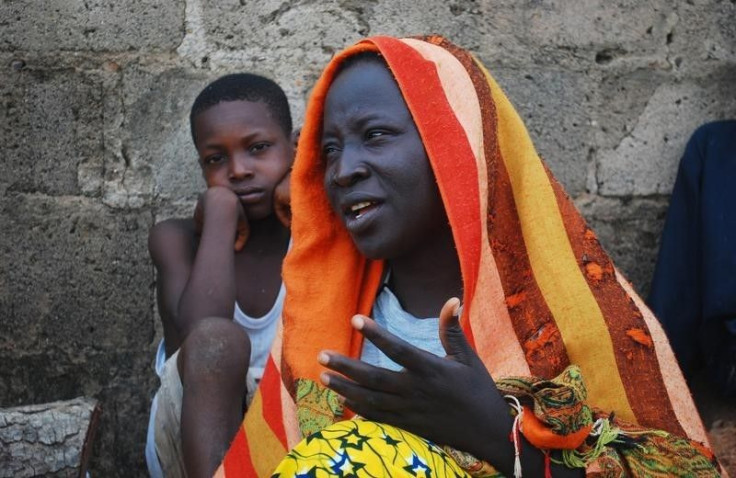Boko Haram Attacks: Nigerian Authorities Scared To Collect Bodies From Bushes While Militants' Occupancy Continues

Ten days have passed since an attack allegedly orchestrated by Muslim extremist group Boko Haram killed an estimated hundreds of Nigerians in Baga, but their bodies are still lying in the bushes where they tried to hide. Retrieving the victims is too dangerous because the militants remain in the area, according to media reports.
"It is still not safe to go and pick them up for burial," government chairman Musa Bukar told CNN, in the wake of this latest attack in Boko Haram's relentlessly violent, yearslong campaign in northeastern Nigeria. Members of the terrorist group have set up barricades throughout the town, which emergency workers refuse to enter. Nigerian military forces claim to be in pursuit of the insurgents, but locals told media outlets soldiers were avoiding the area.
Boko Haram, which aims to eastablish an Islamic state, invaded Baga Jan. 3, with fighters reportedly burning the town and massacring its residents. Some escaped to nearby Chad, but reports indicated 2,000 people may have died. Nigeria's military put the number at 150 on Monday. A more specific death toll was not available because local officials could not access the streets.
"No one could attend to the corpses and even the seriously injured ones who may have died by now," Muhammad Abba Gava, a spokesman for an anti-Boko Haram organization, told BBC.
Amnesty International called the attacks, which left the town and about 16 nearby settlements in ruins, Boko Haram's deadliest act. "It is corpses everywhere," fisherman Borye Kime told AFP, adding, "The whole town smells of decomposing bodies."
Unable to bury the dead, authorities were turning their attention to helping escapees. About 30,000 people fled the Boko Haram attacks by crossing into Chad, but 1,000 of them were stranded on the island of Kangala, according to the United Nations Refugee Agency. They don't have regular sources of food or water and risk contracting malaria, CNN reported. Organizations were working to move them.
© Copyright IBTimes 2025. All rights reserved.





















